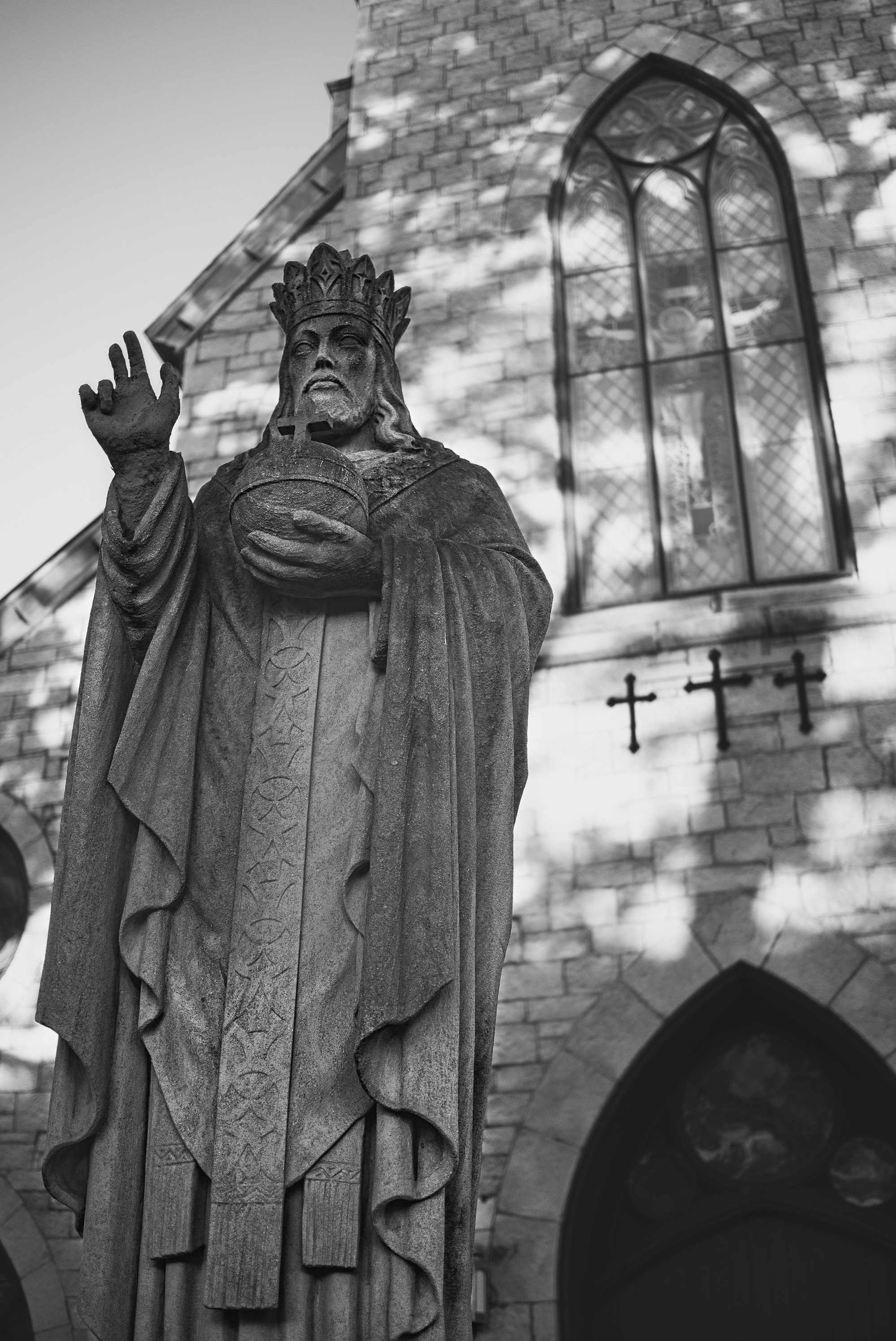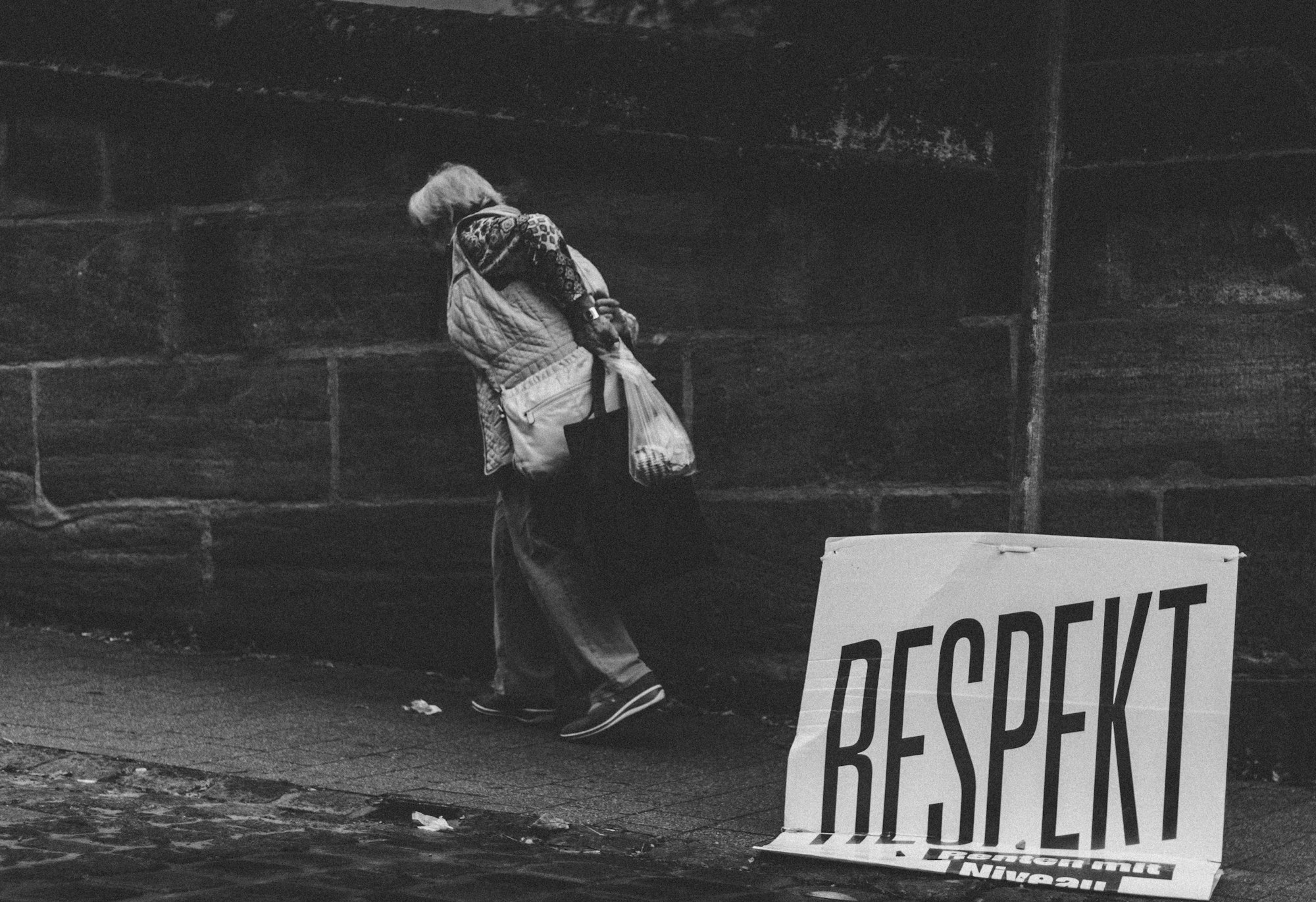Immanuel Kant: "the possession of power inevitably corrupts reason's free judgment"
With the little power I've had, it's the mistakes I imagine I've made which recur in my thoughts.

"That kings should be philosophers, or philosophers kings is neither to be expected nor to be desired, for the possession of power inevitably corrupts reason's free judgment."
—Immanuel Kant, "Perpetual Peace"
Does power corrupt? Tempting to yell that it does. That it becomes a "possession," an object which demands of its owner. Which doesn't let go but writes a new set of rules for them.
Power haunts. With the little power I've had, it's the mistakes I imagine I've made which recur in my thoughts. I believe I'm not the only one who feels this; that's one reason there's widespread discomfort with power.
One reason. Also, power is a ghost.
***

Power is a ghost? No, it's real enough, right?
If not had, it's dreamed. If not had, its absence is acute. What little power I've possessed was necessary. I saw those who abused theirs. I was able to warn others and exercise better judgment. Not irrelevant: I could rely on being seen and heard.
Power and respect go together. This must mean there's nothing ghostly about power! Respect, in 2021 America, stands perfectly practical. It comes from providing value, or so we're told.
Kant speaks of "reason's free judgment" and the phrase has an alien sound to me. He means it as an end to government, to rights, to humanity. What good is anything if we can't think for ourselves, decide for ourselves? The moral rhetoric reaches high, but the experience of surviving checks it. Many haven't been able to exercise "reason's free judgment" because power in an everyday setting isn't absolute. Not even close. Power is typically conditional, and if not used certain ways, is lost along with whatever came with it that makes life easier. Systemic injustices, I've found, are nearly the sum total of the adult world.
Power is a ghost. The spirit of "reason's free judgment" haunts power used well, power used badly. Power that is too much and can't be properly used. Power that isn't really power at all. Hiding in the very word are unstated expectations about the way we want to feel. For example, that we're liberators. And free ourselves.
***

There's another way we're haunted. "That kings should be philosophers, or philosophers kings is neither to be expected nor to be desired." Kant denies kings should try to exercise scholarly, speculative judgment. Perhaps this cuts against some remarks about his own ruler in "What is Enlightenment?" which seem praiseworthy. A king engrossed in books could make an opinion definitive to the detriment of what his people actually want and need. It sounds stupid to think a king shouldn't read, but while I do believe statesmen should know as much as possible, I've seen quite a few absorb only that which validates them. The expectation kings should be philosophers not only fits neatly with authoritarian propaganda, but totalitarian habits.
Nor, Kant says, should we desire philosophers to be kings. Again, this is strange. Isn't learning good? Knowledge is power, all of us hold. We've seen it work! The thrill of knowing what you're doing in a game versus someone who doesn't. Or being able to fix your car. Or qualifying for a job with a good paycheck. But none of this ultimately constitutes knowledge or learning. Some leave their jobs and go back to school, wanting textbooks, papers, and a classroom because something seems to be missing.
Leadership depends on learning, perhaps to extreme degrees. If aliens threaten to destroy the planet unless someone can talk to them about the varieties of premium baseball cards from the early 90's, guess who is in charge of the planet. Learning itself, though, lies more in reflection than action. We love when our experiences provide knowledge, but how exactly do we get that knowledge? And there are plenty of things not worth doing, where learning from experience entails poisoned knowledge.
Power makes otherworldly demands of what we learn and how we learn. As if being correct is good enough. As if we don't pray that our actions are successful. Does power corrupt? I feel like that depends on what ghosts we've let into our lives.
